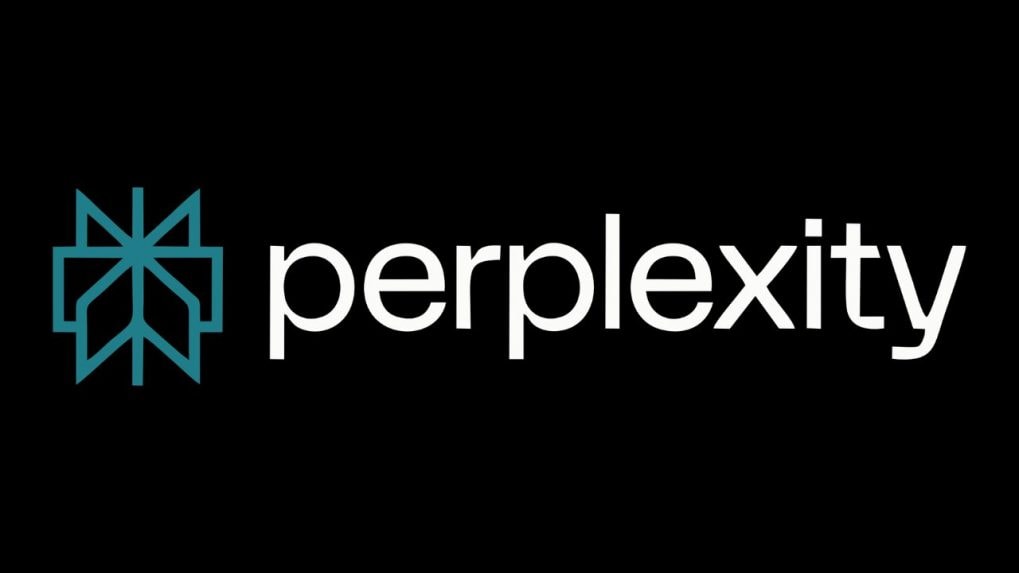Advertising
Layoffs in Adland: Omnicom's acquisition of IPG nears finish line. But at what human cost?

Perplexity AI announced a new revenue-sharing model that will pay publishers when their content is used to answer user queries. The startup, often seen as a rival to Google, is setting aside $42.5 million to compensate media outlets.
The payouts will be part of a new subscription service called Comet Plus, which is an add-on for existing premium users. For $5 a month, the program will ensure that publishers and journalists benefit from AI-enabled business models. The company stated this new approach is a "model that's right for the AI age."
This initiative comes as Perplexity faces multiple lawsuits from major media companies, including The Wall Street Journal, The New York Times, and Japan’s Yomiuri Shimbun newspaper. These lawsuits allege that the startup is illegally copying and profiting from copyrighted material to power its "answer engine."
Unlike traditional search engines, Perplexity provides direct answers on its page rather than requiring users to click through to a source. While it does include links to source materials, the lawsuits claim this still bypasses fair compensation for the original content creators.
In a statement following one of the lawsuits, Perplexity had previously criticized the "adversarial posture" of some media outlets, arguing they "prefer to live in a world where publicly reported facts are owned by corporations." The new revenue-sharing model could be an attempt to resolve these disputes and improve relationships with publishers.
According to LinkedIn’s research with over 1,700 B2B tech buyers, video storytelling has emerged as the most trusted, engaging, and effective format for B2B marketers. But what’s driving this shift towards video in B2B? (Image Source: Unsplash)
Read MoreIndia’s parliamentary panel warns fake news threatens democracy, markets and media credibility, urging stronger regulation, fact-checking, AI oversight and global cooperation.